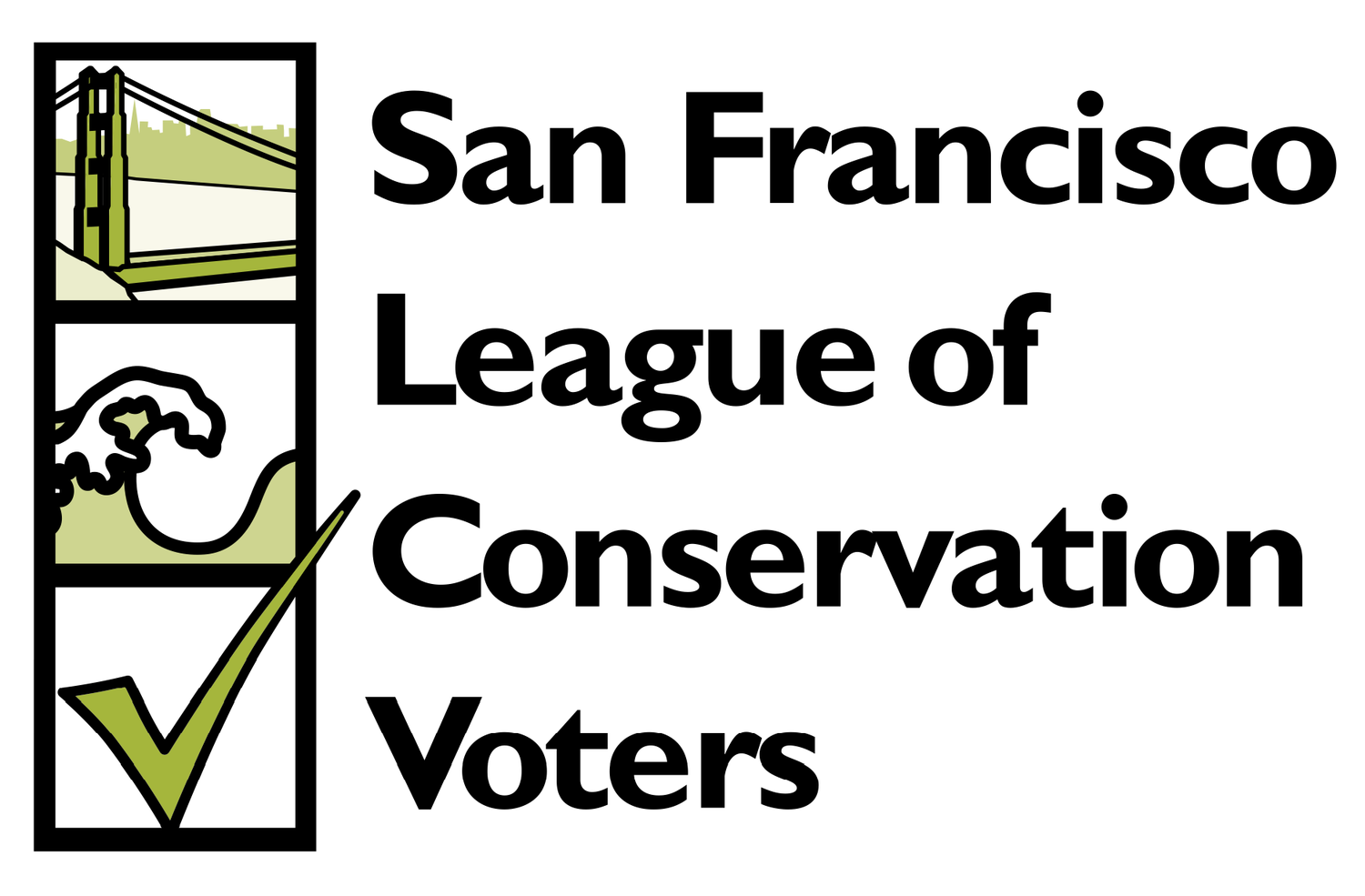Nov 2016: NO on Prop U - Affordable Housing Requirements for Market-Rate Projects
/The City’s Charter generally requires developers of market-rate housing to provide affordable housing. A developer can meet this requirement in one of three ways:
- Pay a fee equal to 17% - 20% of the total units being developed;
- Make at least 12% of the on-site housing units affordable; or
- Build new affordable units off-site, equal to 17% - 20% of the total units.
A unit for sale counts toward the on-site requirement if it is affordable to households earning up to 90% of the area median income. A rental unit counts toward the on-site requirement if it is affordable to households earning up to 55% of the area median income.
The City uses federal income standards to determine the maximum allowable rent levels for the affordable units. Generally, a household living in an affordable housing unit pays no more than 30% of its total income on rent. Currently, the monthly rent for a one-bedroom affordable housing unit is $1,121, and the monthly rent for a two-bedroom affordable housing unit is $1,261.
Under Proposition U, a rental unit would count toward the affordable housing requirement if it is affordable to households earning up to 110% of the area median income, double the current cutoff. This means, a household could pay up to $2,241 for a one-bedroom affordable rental unit and up to $2,521 for a two-bedroom affordable rental unit.
As a result, developers would be tempted to rent only to households approaching 110% of the area median income to maximize their income, leaving out lower income households who need affordable housing the most.
The San Francisco League of Conservation Voters suggests NO on Prop U.


